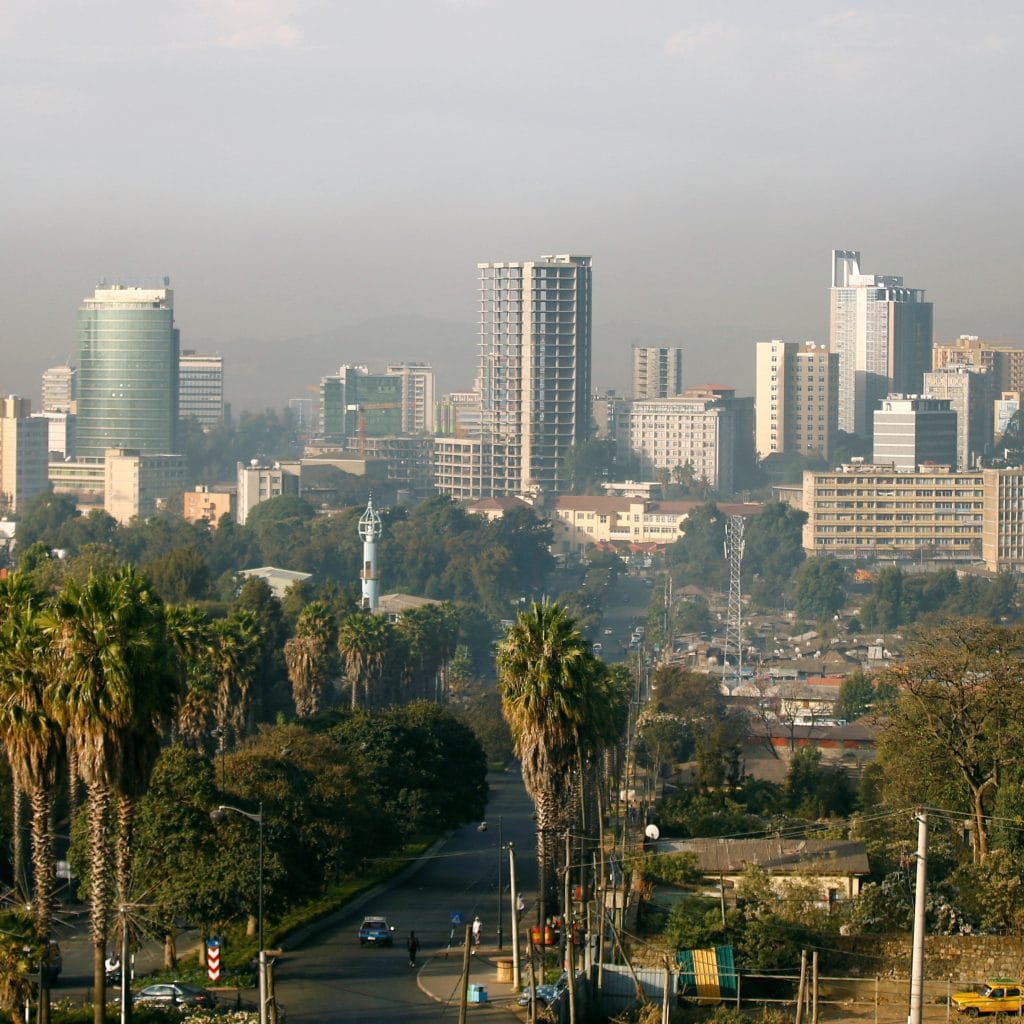Ethiopia is a country rich in history, culture, and breathtaking landscapes, making it a must-visit destination in Africa. While the country is generally safe for tourists, there are certain risks and precautions travelers should be aware of.
Serious or violent crime against tourists is rare, but as in any country, vigilance is key. Most visitors have positive experiences, particularly when traveling with reputable tour operators. Crime tends to increase after dark, so extra caution is advised at night.
Political and Environmental Risks
Ethiopia has internal political tensions that generally do not affect tourists but should still be considered. Specific areas near the borders of Eritrea, Somalia, Sudan, and South Sudan can be unpredictable due to military presence, armed conflicts, and sporadic violence. The Danakil Desert and Erta Ale volcano areas have seen isolated attacks on tourists, so extra vigilance and following news is necessary when visiting.
Ethiopia has faced prolonged droughts in recent years, affecting rural areas’ access to water and food. The rainy season (June to September) can cause flooding and road obstructions, so travel plans should consider local weather reports. The country is also in an active seismic zone, though recent activity has been minimal.

Safety Tips for Travelers
- Avoid certain areas, including Sudan and South Sudan borders.
- Avoid walking alone at night.
- Keep valuables and travel documents secure at all times.
- Stay alert in crowded tourist areas.
- Follow instructions from local authorities and monitor local news.
- Use copies of your passport while keeping the original secure.
For safe transport, use metered taxis instead of shared minibuses or buses. If self-driving, a local Ethiopian driver’s license is required. Road conditions vary, and reckless driving is common. In border regions, armed robbery and carjackings pose risks. If involved in an accident, wait for police assistance or report directly to a station if safety is a concern.
Photography and Local Laws
Always ask permission before taking photos of people. It is illegal to photograph military sites, government buildings, and infrastructure. Carrying identification is mandatory, and tourists should avoid discussing political matters on social media while in Ethiopia. Buying or exporting real antiques and religious artifacts is restricted.
Duty-free allowances include limited quantities of cigarettes, alcohol, and perfume. Laptops and recording equipment must be declared upon arrival. If a passport is lost, report it to the police immediately to obtain the necessary documentation for replacement.

Medical Facilities and Health Tips for Travelers in Ethiopia
Ethiopia offers a unique travel experience, but visitors should be aware of its healthcare system, potential health risks, and necessary precautions. While medical facilities in Addis Ababa are relatively better, only private hospitals provide reasonable care for minor issues. Dentistry services are limited, and ambulance services are not widely available. Outside the capital, medical facilities remain inadequate.
Travelers should carry a comprehensive medical kit, especially when venturing outside Addis Ababa. It is essential to have adequate travel health insurance that covers medical treatments, air evacuations, and repatriation costs. Contact your insurance provider promptly if you need medical attention.
The CDC and WHO recommend vaccinations for hepatitis A and B, typhoid, yellow fever, rabies, meningitis, polio, MMR (measles, mumps, rubella), Tdap (tetanus, diphtheria, pertussis), chickenpox, shingles, pneumonia, and influenza. Ensure that your immunizations are up to date before traveling.
Malaria and Other Health Risks
Malaria is prevalent in areas below 2,000 meters above sea level, although Addis Ababa is malaria-free. If visiting lower-altitude areas, take antimalarial medication as a precaution.
Bilharzia: Found in large lakes in Ethiopia, bilharzia (snail fever) is caused by parasitic worms and can lead to severe health complications. Check with a reputable guide before swimming in lakes.
Chikungunya Fever: An outbreak was reported in Dire Dewa in 2019. This mosquito-borne disease causes fever, joint pain, and fatigue, with symptoms usually appearing within a week. While it typically resolves within two weeks, travelers should take preventive measures against mosquito bites.
Food and Water Safety
Ethiopian cuisine is rich and flavorful, but food safety is crucial. Drink only bottled or purified water, as tap water and ice may be contaminated. Opt for thoroughly cooked meals and avoid raw vegetables and salads unless they have been properly washed and peeled. Eating raw fruit with unbroken skin is generally safe.
Avoid stray dogs and cats, as they may carry rabies and other infectious diseases. Bites and scratches can pose serious health risks.
HIV/AIDS Awareness
HIV prevalence remains higher in Addis Ababa than in rural areas. Travelers should take appropriate precautions and remain informed about health risks.



